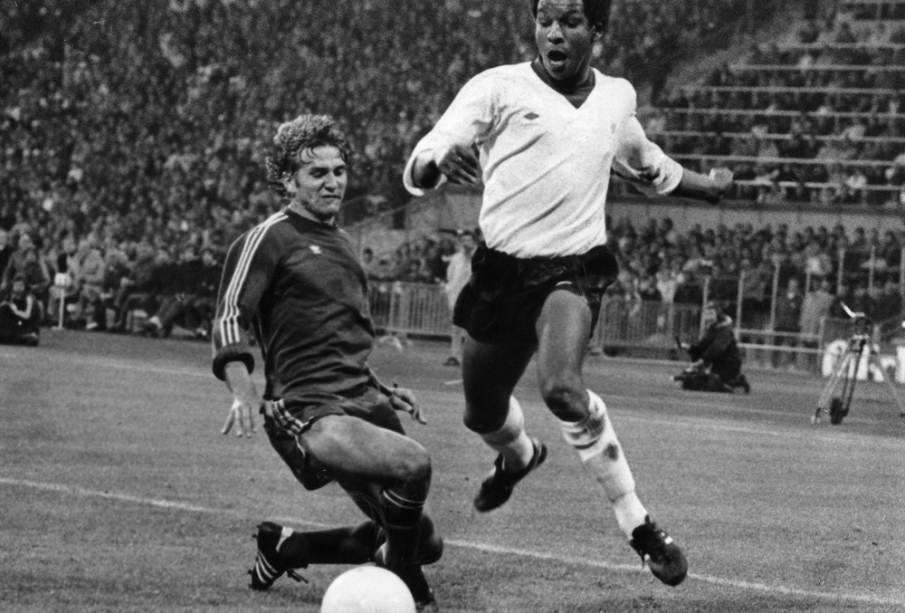The Legacy of Howard Gayle: A Trailblazer in Football

Introduction
Howard Gayle is a name that resonates within the realms of English football, recognised not only for his sporting talent but also for his significant role in the history of the game as one of its pioneering black players. In an era marked by racial barriers and challenges, Gayle broke through with remarkable determination and skill, paving the way for future generations of footballers.
Early Life and Career
Born on July 29, 1958, in Liverpool, England, Gayle’s passion for football was evident from a young age. He began his career at local clubs before joining the youth academy at Liverpool FC. His progress was swift, though a lack of opportunities at Anfield prompted him to seek a fresh start elsewhere. This led him to sign with Birmingham City in 1976, making his first-team debut shortly after. Gayle’s exceptional pace and dribbling ability quickly caught the attention of fans and scouts alike.
Breaking Barriers in Football
In a predominantly white football landscape, Howard Gayle faced considerable prejudice and discrimination. As he progressed through his career, he encountered numerous hurdles, yet his sheer talent and resilience allowed him to carve out a successful professional journey. His performances were instrumental when he transferred to Newcastle United in 1979 and then to clubs like Blackburn Rovers and Burnley, where he solidified his reputation as an exciting forward.
Notable Achievements
One of the highlights of Gayle’s career was his appearance in a historic match for Liverpool against Everton in the famous Merseyside derby in 1981. His contributions to various clubs were significant, and he became a prominent figure for black players in the sport during a crucial time for racial equality in England. Gayle’s journey not only showcased his talents but also emphasised the importance of diversity in football, inspiring many young athletes who faced similar challenges.
Conclusion
Howard Gayle’s legacy extends beyond just his statistics and accolades on the pitch; he embodies the fight against racism in football and serves as a reminder of the progress that still needs to be made. As the football world commemorates players who have made a difference, Gayle’s story remains a vital part of the narrative, encouraging new generations to pursue their dreams despite societal barriers. His journey reinforces the message that the values of fairness and equality should prevail, making football a sport for all.









